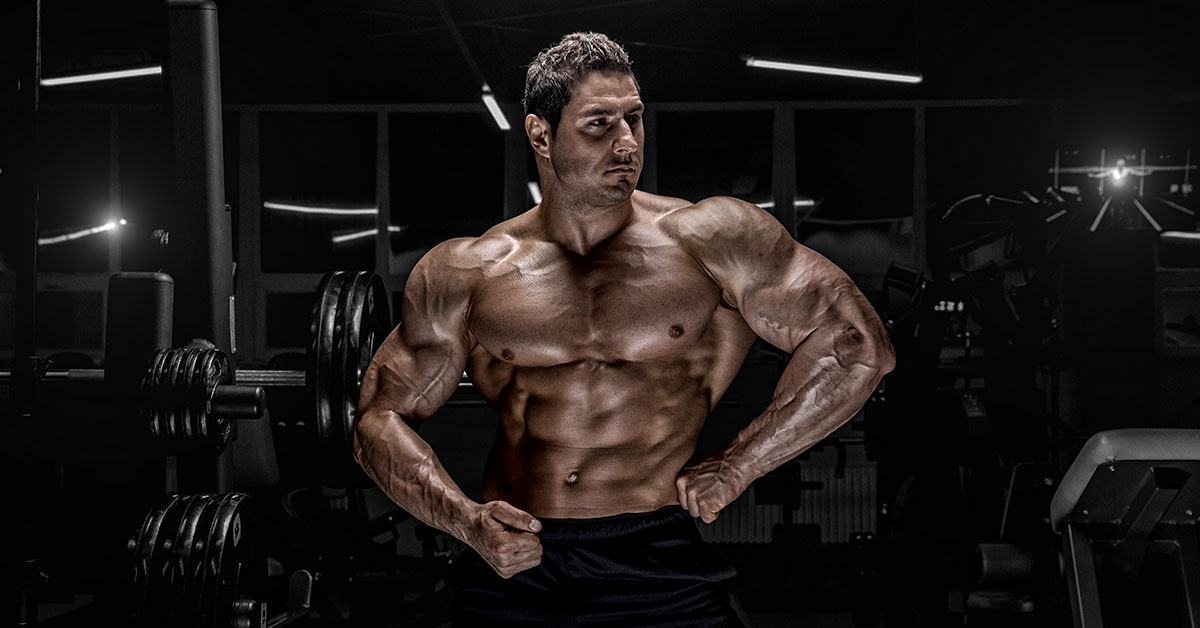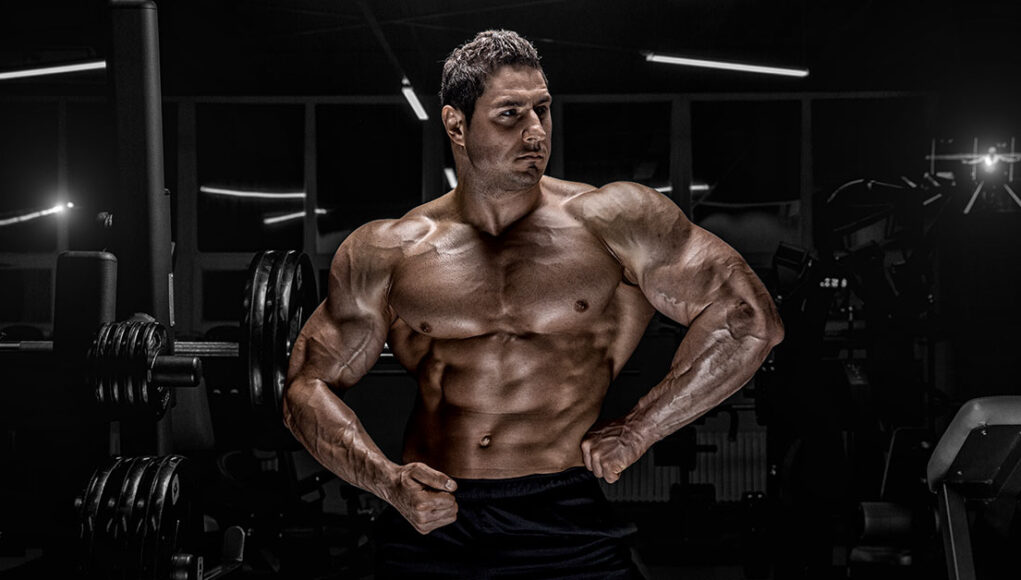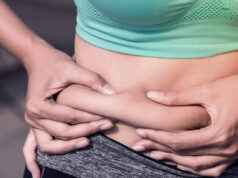Should I Take Creatine While Trying to Lose Belly Fat?
Creatine is one of the most researched and widely used supplements in the fitness world. It’s primarily known for its ability to enhance muscle strength, improve performance, and support muscle growth.
But when it comes to fat loss—especially targeting stubborn belly fat—many people are unsure whether creatine fits into their regimen.
Questions often arise such as: Should I take creatine while trying to lose belly fat? Is creatine safe for everyday use? Can it actually help with fat loss? And which type of creatine is best for this goal? Let’s explore these questions in more detail.
What Is Creatine and How Does It Work?
Creatine is a naturally occurring compound found in small amounts in certain foods and synthesized in the human body from amino acids like glycine, arginine, and methionine.
Most of it is stored in skeletal muscle, where it plays a key role in the production of adenosine triphosphate (ATP)—the energy currency of your cells. When you perform quick, explosive movements like sprinting or lifting weights, your muscles rely on ATP.
Supplementing with creatine increases the phosphocreatine stores in your muscles, allowing for faster ATP regeneration, which in turn enhances exercise performance.

Is Creatine OK to Take Every Day?
Yes, creatine is generally safe to take daily. Decades of research support its safety profile, even with long-term use.
Most people start with a “loading phase” of around 20 grams per day split into 4 doses for 5-7 days, followed by a “maintenance phase” of 3-5 grams per day.
However, the loading phase isn’t strictly necessary; you can skip it and take 3-5 grams daily, though it will take a few weeks longer to saturate your muscle stores.
There are minimal side effects for most users. Some people may experience water retention, bloating, or minor digestive discomfort during the loading phase, but these effects usually subside. It’s also crucial to stay well-hydrated while supplementing with creatine.
For those concerned about kidney health, extensive studies on healthy individuals show no evidence that creatine causes kidney damage.
However, people with pre-existing kidney conditions should consult a healthcare provider before use.
Will Creatine Help Me Lose Belly Fat?
This is where things get more nuanced. Creatine itself is not a fat burner—it doesn’t directly promote fat oxidation or significantly increase metabolic rate. Its primary function is to support anaerobic performance, which can indirectly assist in fat loss.
Here’s how: By taking creatine, you’re likely to experience improved strength, endurance, and recovery. This allows you to train harder and more effectively, especially during resistance training.
Over time, building more lean muscle mass increases your resting metabolic rate (RMR), meaning you burn more calories even when you’re not exercising.
Additionally, creatine helps preserve muscle during caloric deficits, which is vital because maintaining muscle mass while dieting makes fat loss more efficient and sustainable.
It’s important to note that creatine may cause a temporary increase in water weight. This is due to the way creatine pulls water into your muscle cells, giving your muscles a fuller appearance.
While this can lead to a slight uptick on the scale, it’s not fat gain. If your goal is to lose belly fat, don’t let the scale fool you—focus on body composition and how your clothes fit rather than just weight.

Should You Take Creatine While Cutting?
Absolutely. Taking creatine while trying to lose fat can be highly beneficial, particularly during a cutting phase.
One common challenge during fat loss is maintaining strength and muscle mass while in a calorie deficit. Creatine can help mitigate these effects, allowing you to retain more muscle and continue training with intensity.
Additionally, since creatine supports high-intensity interval training (HIIT) and resistance training, it complements the most effective types of exercise for fat loss. HIIT has been shown to burn more fat—especially visceral fat—compared to steady-state cardio.
Resistance training not only helps with muscle retention but also creates a greater post-exercise oxygen consumption (EPOC), leading to additional calorie burn after your workouts.
Which Type of Creatine Is Best for Fat Loss?
When it comes to choosing a creatine supplement for fat loss, creatine monohydrate remains the gold standard. It is the most researched form, proven to be effective and safe. It’s also cost-effective and widely available.
You may come across other variants like creatine ethyl ester, creatine HCL, buffered creatine, or liquid creatine.
While these options are often marketed as having better absorption or less water retention, scientific evidence does not show significant advantages over monohydrate. In fact, some of these forms have shown less efficacy in studies.
For those particularly concerned with water retention (often perceived as a drawback when trying to appear leaner), it’s worth understanding that the water pulled into the muscles is intracellular, not subcutaneous.
This means it actually contributes to a fuller, more toned look rather than making you appear bloated. So, creatine monohydrate remains the best choice—even for those aiming to lose fat.

Timing and Other Considerations
Timing your creatine intake is flexible. Whether you take it before or after your workout, or even with your meals, the key factor is consistency.
Taking it daily is more important than the exact timing. Some studies suggest slightly better muscle retention when creatine is taken post-workout with a carb-protein meal, but the difference is marginal.
To maximize absorption, some choose to take creatine with a carbohydrate source, as insulin may help shuttle creatine into muscle cells. However, this is a minor optimization and not essential for effectiveness.
Also, remember that supplements work best when paired with a solid training plan and a well-balanced, calorie-appropriate diet.
Creatine isn’t a magic pill, but when combined with consistent resistance training, adequate protein intake, and a calorie-controlled diet, it becomes a powerful tool in your fat-loss arsenal.
Conclusion
So, should you take creatine while trying to lose belly fat? The answer is a resounding yes. While creatine won’t directly burn fat, it plays a crucial supportive role in preserving muscle, enhancing performance, and helping you train harder—all of which contribute to more effective fat loss over time.
Creatine is safe to take daily, even for long periods, and creatine monohydrate remains the best choice.
As you focus on losing fat, especially around the midsection, don’t underestimate the importance of muscle in shaping your physique. Creatine helps you keep that hard-earned muscle, even in a caloric deficit.
If you’re serious about transforming your body composition—not just losing weight, but building a leaner, stronger physique—creatine is a smart, science-backed addition to your supplement stack.






